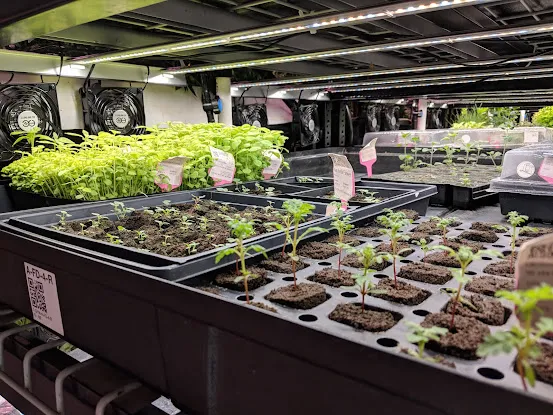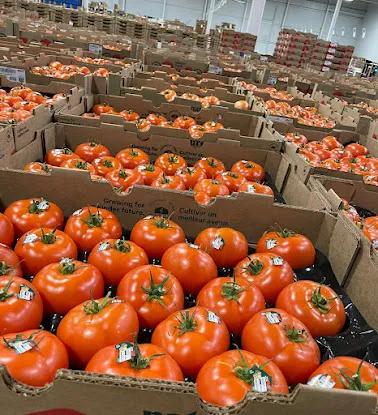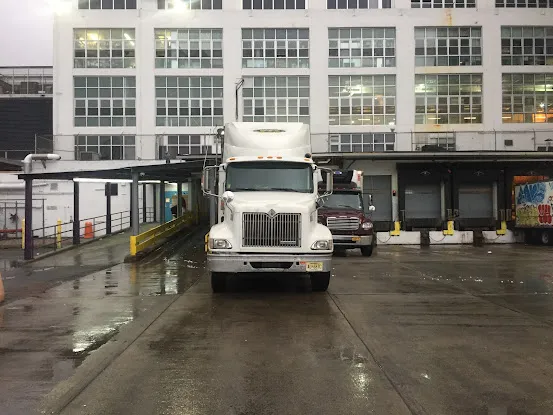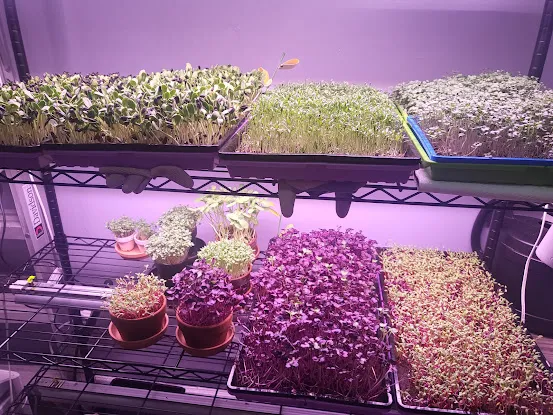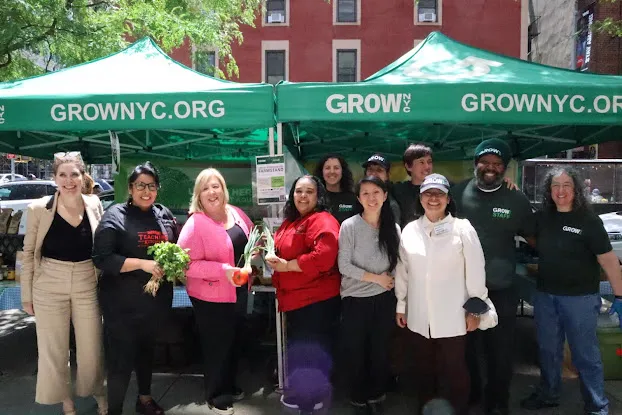Crop grower Side Manhattan
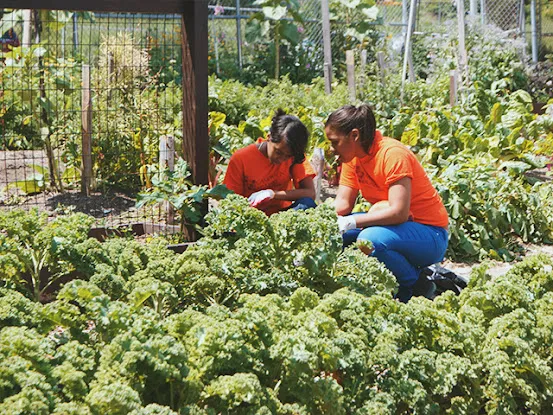
Saratoga Urban Agro-Ecological Center
Side Manhattan
2046-2050 Fulton St Brooklyn, NY 11233 United States
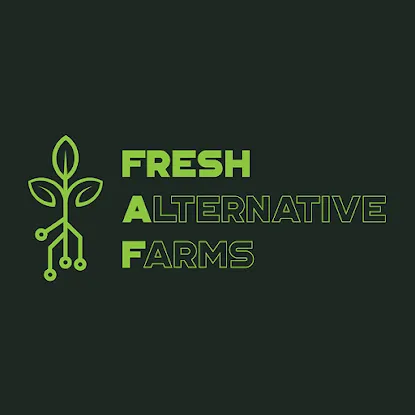
Fresh Alternative Farms: FreshAF
Midtown Manhattan
1038 Flushing Ave Brooklyn, NY 11237 United States
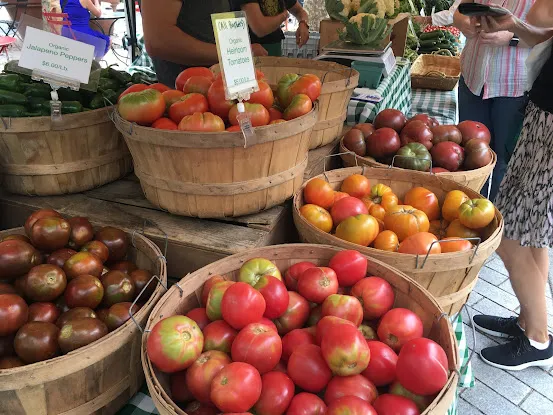
Row By Row Organic Farm - Tucker Square
Side Manhattan
Columbus Avenue & W 66th St New York, NY United States
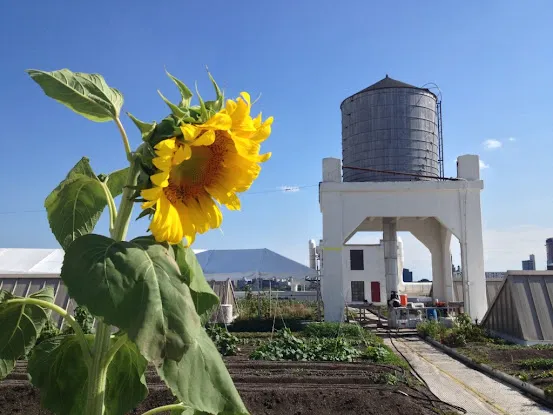
City Growers
Downtown Manhattan
63 Flushing Ave Building 3, Suite 1105 Brooklyn, NY 11205 United States
Exploring Crop Growers in Manhattan
Manhattan, known for its iconic skyline and bustling streets, is also home to a growing community of crop growers. Despite the urban environment, innovative agricultural practices are reshaping the way we think about food production in this vibrant borough. From rooftop gardens to community farms, Manhattan's crop growers are making significant contributions to local food systems.
Urban Agriculture: A Green Revolution
Urban agriculture has become a key player in enhancing food security and promoting sustainability in cities. In Manhattan, crop growers are at the forefront of this movement, utilizing limited space to cultivate a diverse range of crops. These urban farms not only provide fresh produce but also serve as educational hubs, teaching residents about sustainable practices and the importance of locally sourced food.
Innovative Growing Techniques
With space at a premium, Manhattan's crop growers have adopted various innovative techniques to maximize yield. Techniques such as vertical farming, hydroponics, and aquaponics are becoming increasingly popular. These methods allow growers to produce food in a fraction of the space required by traditional farming. For example, hydroponic systems enable crops to thrive in nutrient-rich water solutions, eliminating the need for soil.
Community Engagement and Social Impact
Crop growers in Manhattan are not only focused on production but also on building community. Many urban farms engage with local residents through volunteer programs, workshops, and farm-to-table events. This engagement fosters a sense of community and encourages individuals to take an active role in their food sources. Furthermore, these initiatives often prioritize growing organic produce, promoting healthier eating habits among city dwellers.
Challenges Faced by Crop Growers
While the movement of crop growing in Manhattan is thriving, it is not without its challenges. Limited land availability, zoning regulations, and access to water can hinder the expansion of urban agriculture. Moreover, crop growers often face financial constraints due to the high cost of urban land. Nevertheless, many are finding creative solutions and forming partnerships with local businesses and organizations to overcome these obstacles.
The Future of Crop Growing in Manhattan
The future of crop growing in Manhattan looks promising as more residents embrace the concept of urban agriculture. As awareness of sustainability and food sourcing continues to grow, it is likely that we will see an increase in community support and investment in these green spaces. Crop growers are paving the way for a healthier, more sustainable urban environment, demonstrating that even in a bustling metropolis, it is possible to cultivate fresh food and build strong community ties.
